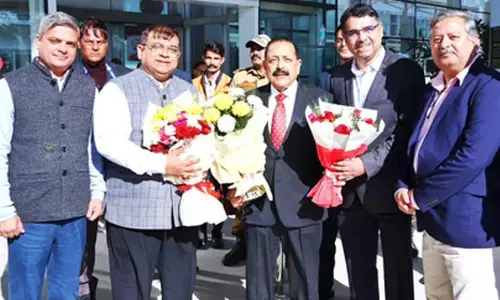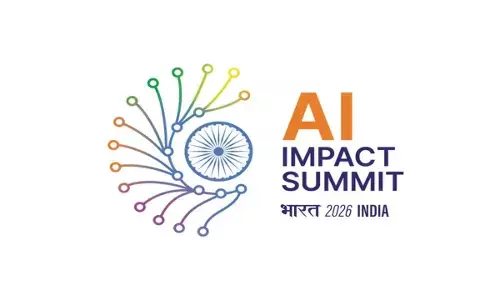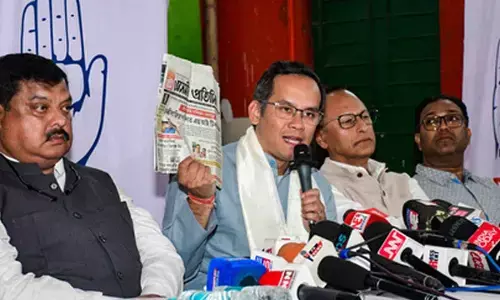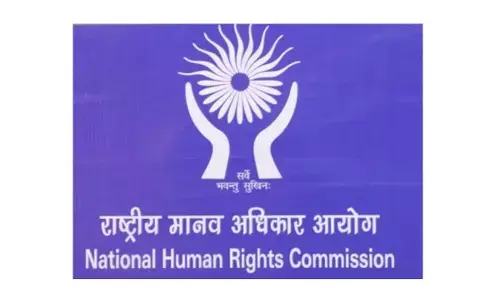Miles to go for access to proper TB diagnosis & care in India
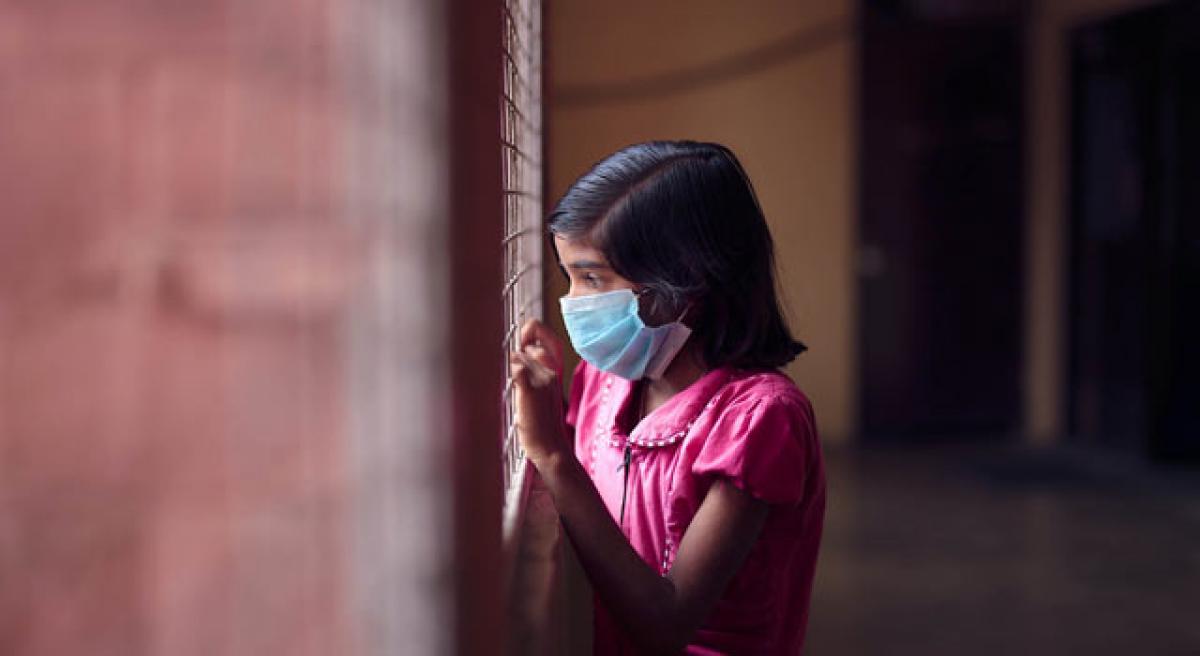
It took 90 days, and four doctors across two cities to diagnose that Bhuveka Thareja, 13, suffered from tuberculosis (TB). It all started with a fever in December 2015.
It took 90 days, and four doctors across two cities to diagnose that Bhuveka Thareja, 13, suffered from tuberculosis (TB). It all started with a fever in December 2015.
The doctor gave Bhuveka some medicines and the fever went away. But in January 2016, the fever came back, and the doctor recommended a chest X-Ray.
But nothing showed up, and the fever subsided with medicines. This cycle of fever, medication and tests continued until March 2016, when Bhuveka developed a persistent cough, and a doctor in a Delhi hospital recommended a CT Scan.
It was then that doctors realised Bhuveka had TB. But this wasn't the end of their ordeal, said 43-year-old Jyoti Thareja, Bhuveka's mother, who narrated her story to IndiaSpend. "It was a nightmare for the family.
Our child was disappearing before our own eyes," Jyoti said. "We had been told that it was important she miss no dose of the medicine, and we would shout at her, even hit her to take the medicines. But still her health only deteriorated."
In May 2016, doctors realised Bhuveka had multi-drug resistant TB, which is impervious to at least two of the main anti-TB drugs. It was only in July 2016, six months after the first signs of TB, that a doctor in Mumbai figured out the right combination of medicines that could treat the child.
Such experiences are not uncommon. It took the health system in Delhi a median of 41 days to begin treatment for regular, drug-sensitive paediatric TB after the patient came to a healthcare provider, according to a May 2017 study published in the International Journal of Lung and Tuberculosis Disease.
Families of paediatric tuberculosis patients took a median of three days to reach out to a healthcare provider, the study found, while the time between the first visit to a health provider and start of TB treatment was between 10 and 397 days, the study found.
"Once the patient reached the RNTCP (the government's Revised National Tuberculosis Control Programme), delays were shorter, and treatment was started within a maximum of seven days," the study added.
These findings on patient and health system delays in initiation of TB treatment in children are based on 52 Direct Observed Therapy Short Course centres across Delhi, over half in urban areas. Most of these were government facilities (81.1 per cent); some were run by non-governmental organisations (13.7 per cent) and a few were community volunteers and private practitioners. Patients were between 0 and 14 years old.
If there is a delay in diagnosing TB in children "the disease could spread and cause damage, especially if it affects the neurological system and causes brain damage", Soumya Swaminathan, Director General of the Indian Council for Medical Research, told IndiaSpend.
Though most childhood TB is not infectious, about 20 per cent of the cases could be, and a delay in diagnoses could "put other children in school and family at home at risk", added Swaminathan.
There is still a lack of facilities at the lower rungs of the health system, especially in rural areas. There is a need for better diagnostic tools of advanced pathology, Genexpert, better training to extract and test the fluid from the stomach (gastric lavage) or enlarged lymph node, as well as X-Rays at all levels of the healthcare system, said Swaminathan.
In another case, 11-year-old Vanshika Kumar Kushwah had a boil in her underarm, which the family showed to a doctor in Gwalior, their hometown. "The doctor said it was nothing, gave her some medicines, and the boil subsided in a couple days," her father told IndiaSpend.
But the boil came back after a week. It took about one-and-a-half years, Rs 300,000, eight doctors, one operation, and countless tests across two cities, to diagnose that Vanshika had extremely drug-resistant TB, resistant to at least four anti-TB drugs. (IANS in arrangement with IndiaSpend.org)
By Shreya Shah








